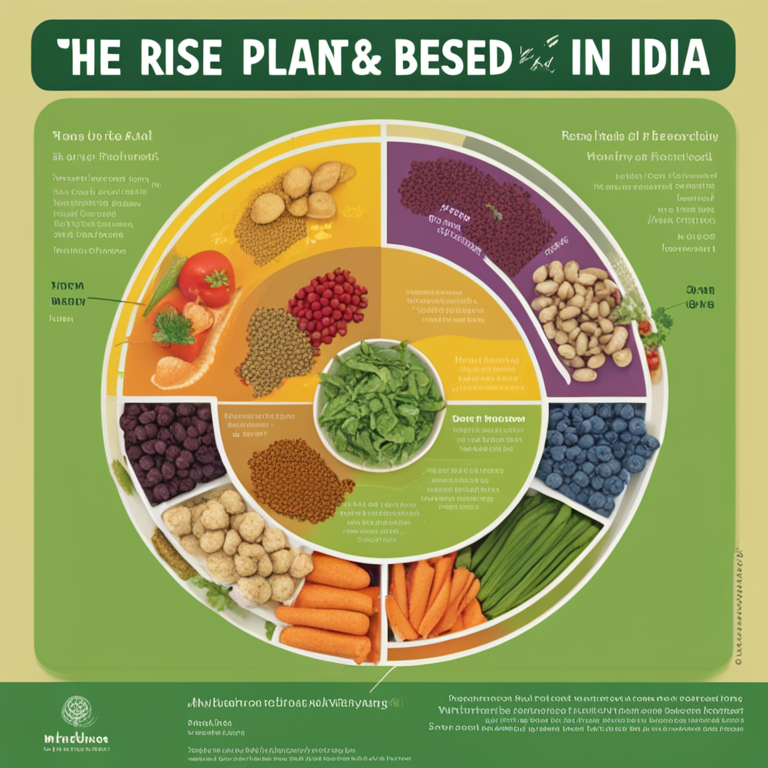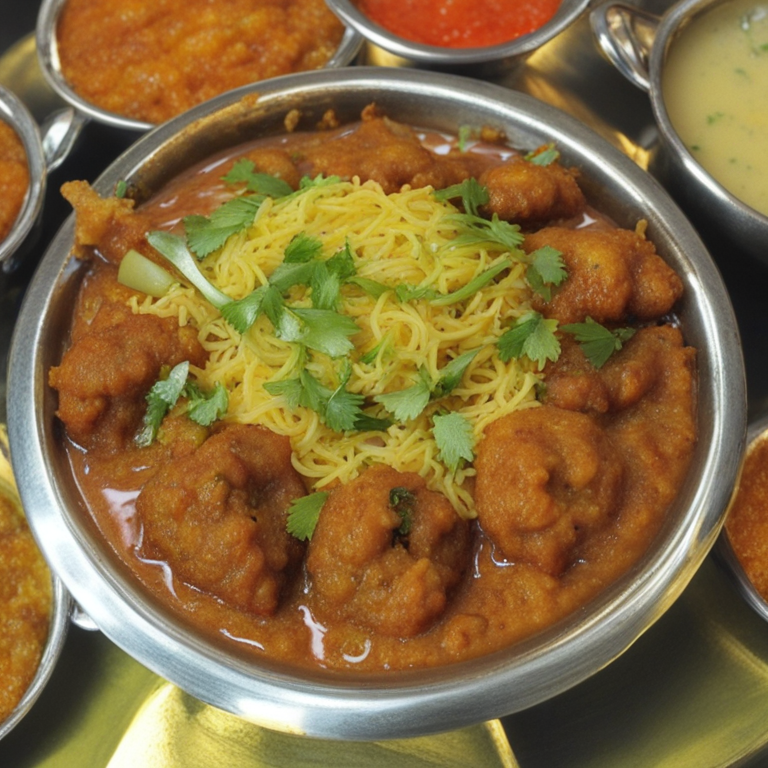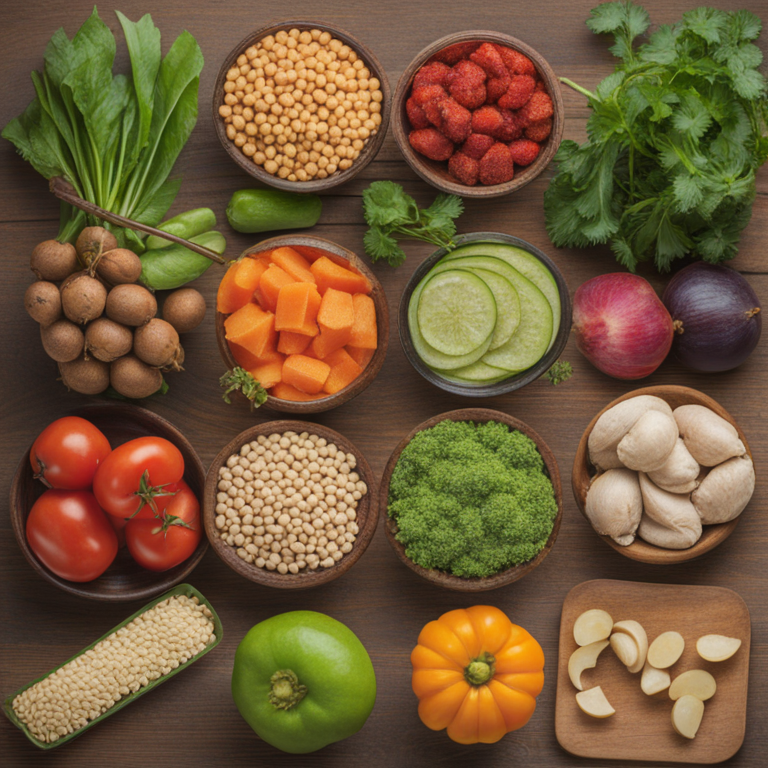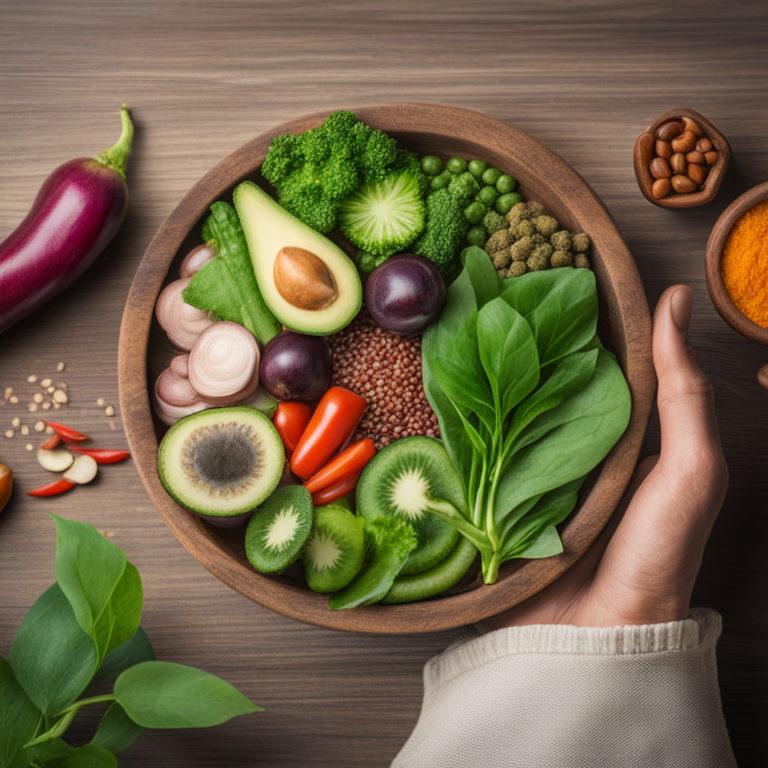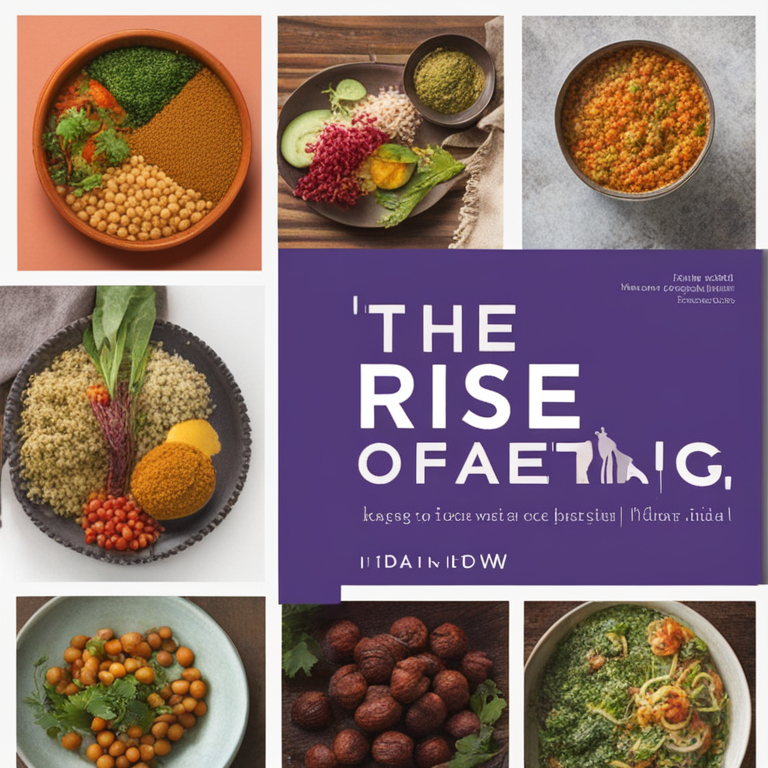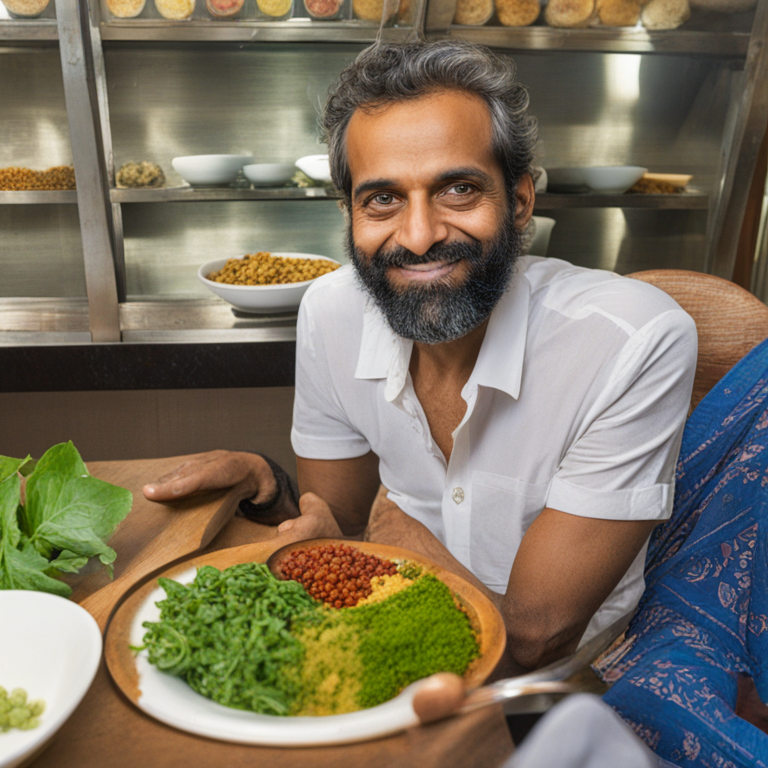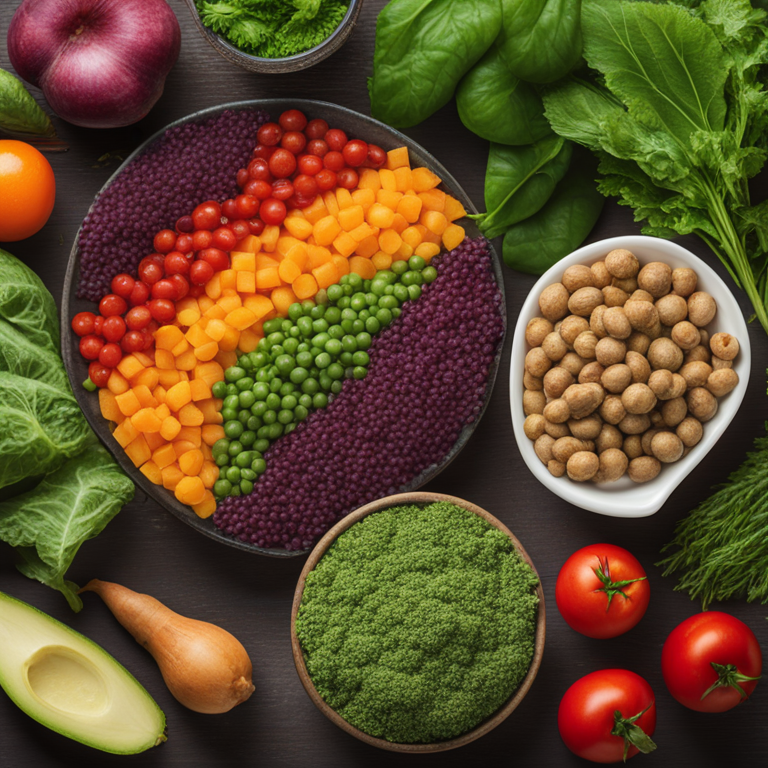Introduction:
Plant-based eating has been on the rise in India in recent years, as more and more people become aware of the health and environmental benefits of consuming a diet rich in fruits, vegetables, grains, and legumes. From traditional Indian cuisine to modern health trends, plant-based eating is becoming increasingly popular across the country. In this blog post, we will explore the reasons behind the rise of plant-based eating in India, as well as provide tips for incorporating more plant-based foods into your diet.
Subheadings:
1. Health Benefits of Plant-Based Eating:
Plant-based eating is associated with numerous health benefits, including a reduced risk of chronic diseases such as heart disease, diabetes, and certain types of cancer. Fruits and vegetables are rich in vitamins, minerals, and antioxidants that support overall health and wellbeing. By consuming a diet that is primarily plant-based, individuals can improve their digestion, boost their immune system, and maintain a healthy weight.
2. Environmental Impact of Plant-Based Diets:
In addition to the health benefits, plant-based eating also has a positive impact on the environment. Animal agriculture is a major contributor to greenhouse gas emissions, water pollution, and deforestation. By reducing the consumption of meat and dairy products in favor of plant-based alternatives, individuals can help mitigate climate change and reduce their environmental footprint.
3. Plant-Based Eating in Traditional Indian Cuisine:
Indian cuisine is known for its rich flavors and diverse array of vegetarian dishes. Plant-based ingredients such as lentils, chickpeas, and vegetables are staples in traditional Indian cooking. From spicy curries to savory snacks, there are countless vegetarian and vegan options available in Indian cuisine. By embracing plant-based eating, individuals can explore the delicious and nutritious flavors of Indian food while also supporting sustainable and ethical food practices.
4. Tips for Incorporating More Plant-Based Foods into Your Diet:
– Start by incorporating plant-based meals into your diet gradually, such as choosing meatless Mondays or trying out a new vegetarian recipe each week.
– Experiment with new ingredients and cooking techniques to add variety to your plant-based meals.
– Focus on whole, unprocessed plant foods such as fruits, vegetables, whole grains, nuts, and seeds for optimal nutrition.
– Consider taking supplements such as vitamin B12 or iron if needed to ensure adequate nutrient intake on a plant-based diet.
– Connect with other plant-based eaters for support, recipe ideas, and inspiration on your plant-based journey.
Conclusion:
The rise of plant-based eating in India reflects a growing awareness of the health and environmental benefits of consuming a diet rich in plant foods. From traditional Indian cuisine to modern health trends, plant-based eating offers numerous benefits for individuals and the planet. By incorporating more plant-based foods into your diet and exploring the delicious and nutritious flavors of plant-based cooking, you can support your health, reduce your environmental footprint, and contribute to a more sustainable food system. Embrace the power of plants and enjoy the journey towards a more plant-focused lifestyle in India.
👉 [Best Deals on Amazon!](https://amzn.to/abcd) | [Flipkart](https://fkrt.it/xyz123)
